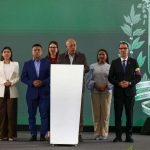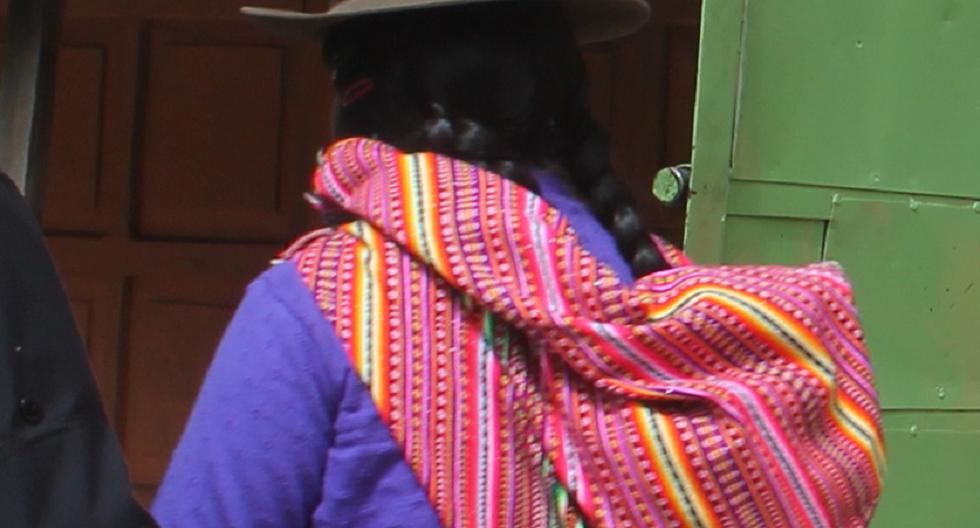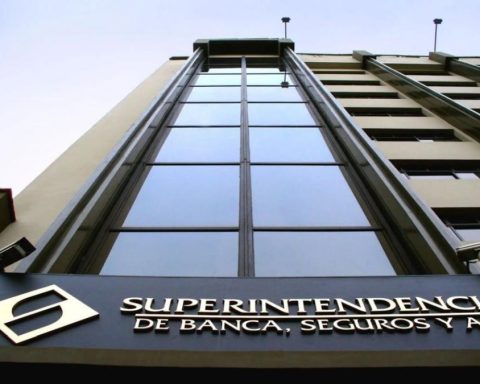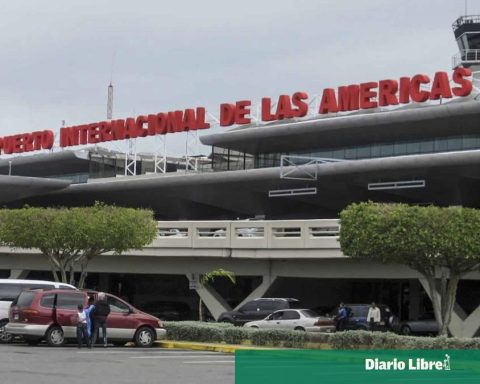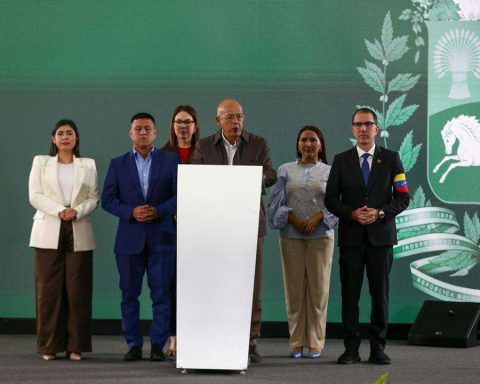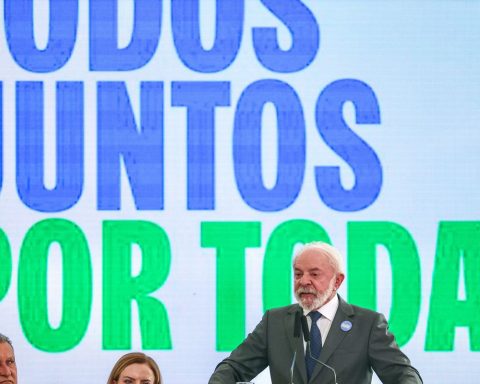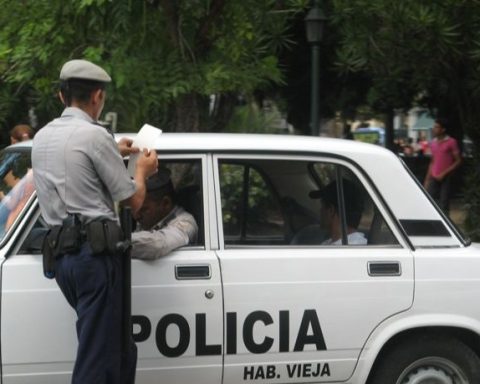The ICTUS (or stroke) unit of the Clinic Hospital of the Faculty of Medical Sciences of the UNA obtained the international certification that meets the standards required worldwide, in search of reducing the mortality and disability produced by the stroke. The certificate was awarded by the Global Stroke Alliance, in São Paulo.
Dr. Ricardo Mernes, ICTUS coordinator of the Clinic Hospital, commented that the recognition was given to them last week during an International Latin American Congress of LCA of the Global Stroke Alliance, held from August 10 to 13. It was a space where representatives of the different centers gathered, where they put the reality of each one, in such a way to know how the attention of the acute stroke in the different countries is, how the units of the centers are organized.
He stressed that the certification granted by the Global Stroke Alliance, in turn, has the support of the world stroke organization and the Inter-American Stroke Society. He commented that the recognition implies that the unit meets the criteria to be considered and certified as a care center for people who suffer stroke.
He explained that the certification is given to the stroke units in Latin America after having presented a very detailed documentation and having received the visit of the evaluators. In this sense, Dr. Sheila Martins, last June, visited the Hospital de Clínicas to check if it meets the minimum requirements for certification, for which it was internalized how the unit works and all diagnostic and treatment equipment with which account, in addition to observing the Adult Emergency Service and the catheterization room.
After that visit, at the beginning of August the review commission met to consider the evaluation opinions of the different centers in several countries, including the FCM-UNA teaching hospital. After a debate, having reviewed the documentation and the opinion of the evaluator, it was decided to grant the certificate.
Dr. Ricardo Mernes, ICTUS coordinator of the Clinic Hospital, reported that at the time the III Ministerial Meeting of ACV was also held, which was attended by the Minister of Health, Dr. Julio Borba, along with eight others health ministers from the same number of Latin American countries, as well as representatives from other countries.
He explained that the tenor of the event is not so much the scientific discussion but rather the discussion of organizational structure, how we are today, what we need and what are the important barriers. For this reason, he said that the presence of the doctors in charge of the stroke centers and the ministerial authorities is relevant to later operate together through public policies.
He recalled that the Clinical Stroke Unit, since 2016, has been working successfully in a network with the Extra-Hospital Medical Emergency Service (SEME) to establish the Stroke Code. This allows patients who are having a severe stroke (acute ischemic stroke) to be helped and referred to clinics.
Meanwhile, since 2022, he said that the unit has neurologists hired by the Ministry of Health through an agreement, to reinforce the work of the network. This makes it possible to cover a population of approximately 2 million people from the Central Department and Asunción.
He stated that the idea is to continue advancing and in that sense, achieving certification is a great step to work on increasing coverage towards the interior of the country. For this purpose, they plan to work using the TV ICTUS tool, through which they will guide their hospitals in the interior telematic to do the procedures in a supervised manner and the project would be implemented from September.
He indicated that one of the treatments that they are still unable to provide is mechanical thrombectomy, which is the extraction of thrombus using a mechanical device. However, he added that they are also working on this ambitious project.









